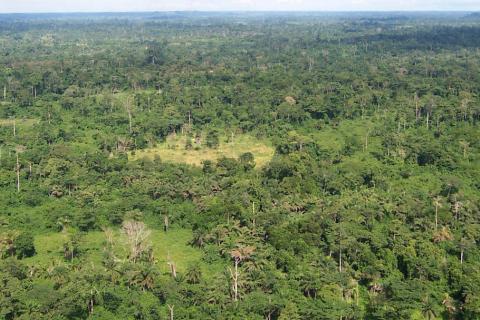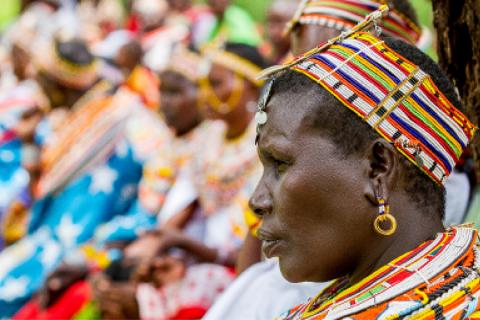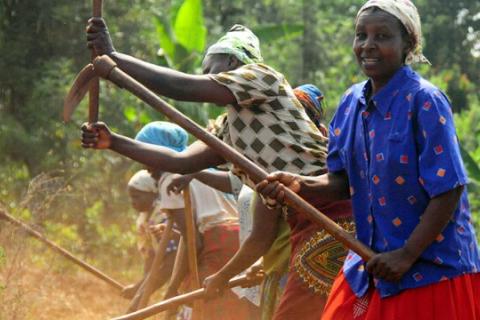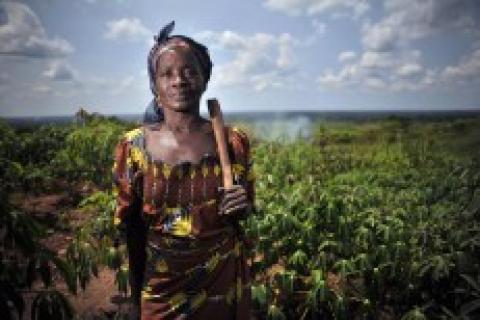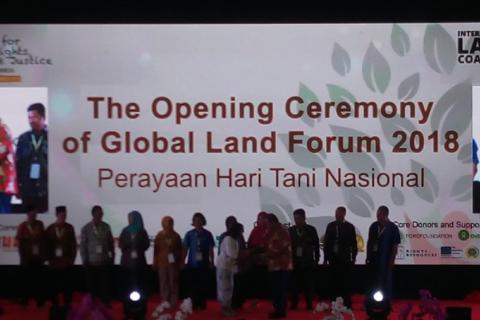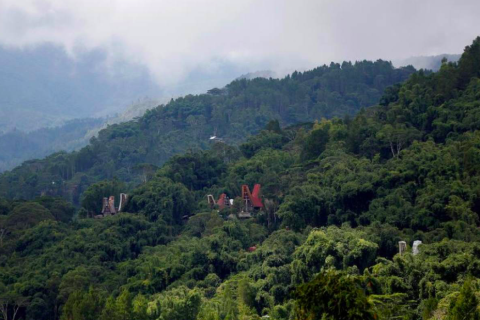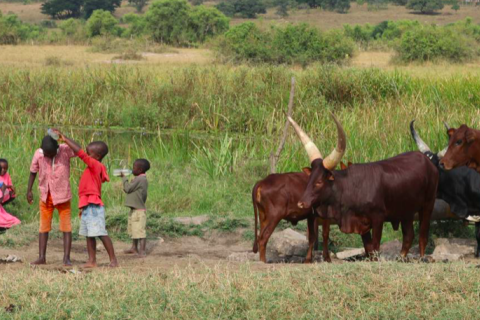
Topics and Regions
Details
Location
Contributions
Displaying 321 - 330 of 400African countries should 'decolonise' water, recognise customary rights - report
African governments should recognise customary rights to water for millions of small farmers who have been sidelined or "criminalised" by permit systems created during the colonial era, said a report published on Monday.
Restrictive permit systems in Kenya, Malawi, South Africa, Uganda and Zimbabwe have left more than 100 million people without access to enough water, according to the report by the Sri Lanka-based International Water Management Institute (IWMI).
The Land Reform Agenda for Kenya Webinar: A Summary
There is no doubt that land use and reforms are at the heart of Kenya’s political and economic future stability. In Kenya in particular, land has a central position in Kenya’s social, economic and political history. An estimated 75% of the country’s population depends on land for their livelihoods, making the ownership, management and control of the resource of great importance. Land is an enabler to support manufacturing, access to affordable and decent housing, universal health care, food security and nutrition.
Our Thoughts on the International Day of Rural Women
There is not just one story for rural women—whether they are farmers, miners, mothers, or daughters. On October 15th it was the International Day of Rural Women, a day to reflect on the diversity of rural women, and to shine a spotlight on women who are part of the agrarian community.
Three Cheers for the Gender-Inclusive Prindex Report
I have talked to women in at least 15 countries—in their homes, their gardens, their fields, their pastures, their universities, their community organizations, their government and executive offices, and their courtrooms. When asked about rural women’s land use or rights or ownership or livelihood, the thing that usually stands out to me is that most women say, in one form or another, that rural women are generally able to use land, and sometimes even control land, when they are in an intact family.
The Land Portal Attends the 2018 Global Land Forum
Working on and with open data means that we are avid believers in the notion that pathways of information should be opened up, that we are building the proper technological infrastructures for information to be appropriately shared, thereby creating connections. Networks such as the International Land Coalition serve this very same purpose; with the exchange of information and knowledge being one of the Coalition’s main missions.
Fight climate change by granting indigenous rights to forests - report
Granting forest dwellers legal rights to their traditional lands helps fight deforestation and climate change, but the vast majority of the world's forests remain under government control with limited access for communities, researchers said.
Only about 14 percent of forests, or about 527 million hectares, were legally owned or designated for local communities in 58 countries surveyed by the Rights and Resources Initiative (RRI), a Washington D.C.-based advocacy group.
As water bank runs dry, Uganda greens hills to soak up rain
In the village of Katebe, Ugandan schoolchildren have little choice but to drink from the same water supply as animals.
During the dry season from June to August, Kyakatarihwa dam is the only source of water for people and livestock alike in this remote part of southwest Uganda's Mbarara district.
"We have no (other) option," said Arinaitwe Kenneth, headteacher of Katebe Primary School, which has 420 pupils.

